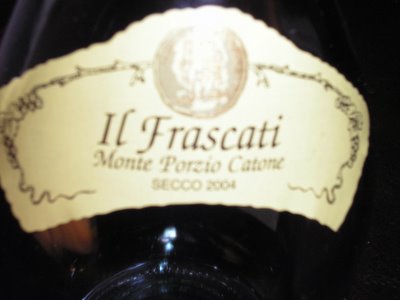(This was going to be a comment to Eric's latest post, but it seems too long for that.)
As for meter, it's a tough and tricky business to get involved in. You need to read a number of things very actively, but most importantly you need to actively read verse aloud. Not only do the various meters have their own rhythms, but so do individual poets. I first noticed this reading Roman satire. When we moved from Horace to Persius to Juvenal I found myself stumbling at first. But familiarity with Juvenal's rhythms led me to mark a few lines as spurious in the margin only to find later that Edward Courtney doubted the very same lines, I think on different grounds.
You should begin with poetry that you enjoy, preferably that you care about, and you should let the verse tell you what it's doing without trying to impose rules gleaned from handbooks (many supposed laws are nothing more than tendencies, and are often tendencies of only specific, usually late writers). Remember that Greek meter apparently grew out of music, out of rhythm, which is measured in time as perceived aurally. You must then read the verse so that you can hear it, and must try to read it not only as linguists have restored the sounds for us, but also so that you can hear the differences between different sounds (this means pronouncing eta differently from epsilon iota, etc., or in Latin pronouncing classical verse classically, and not in the manner of the Church).
Halporn, Ostwald, and Rosenmeyer can be a valuable guide at this stage, but it, and all of the other handbooks, will be largely useless if you can't hear the verse.
Here's a quick take on some of the more prominent books:
Halporn, Ostwald, and Rosenmeyer (a translation of H. & O.'s Lateinische Metrik with R.'s liberal adaptation of Bruno Snell's Griechische Metrik) is great for what it is but so much that students will want to know is omitted, presumably because they should be able to ask their teachers. But teachers increasingly know less and less (or nothing) about it. For those who can read French I'd recommend W.J.W. Koster Traité de métrique grecque. It's not the same kind of reference, but it's more useful as you advance.
In fact, Koster recommends Masqueray's book of the same name which is very old and hard to come by, but I've found it to be very useful for all sorts of odd questions (like the placement of the caesura when dealing with enclitics, which may seem obvious, but which doubtless plagues students).
I actually think you should read Thomas Dwight Goodell's Chapters on Greek Metric at some point, preferably early. A lot of it is dated, but it'll put a number of things into context, and Goodell duly appreciates the ancient tradition which is too often referred to obliquely or simply discounted.
In addition I would read two essays by Hardie in Lectures on Classical Subjects: The Language of Poetry, and the Metrical Form of Poetry.
Paul Maas's Greichische Metrik is important and in some ways idiosyncratic (in some ways that's a good thing, as when he clarifies the nature of the 'bucolic diaeresis' by reference to a corresponding 'bucolic bridge' and illustrates the significance of the phenomenon by Theocritus' use). If you get Hugh Lloyd Jones's translation you'll want to make a number of corrections (as I've done with our library's copy) from L.P.E. Parker's review (JHS 84, 1964, 173-5).
M.L. West's Greek Metre is good but I think not very useful to students, with the possible exception of his initial treatment of the hexameter in which he follows Haslam's lead: hemiepes + paroemiac (cf. Haslam, 'The Versification of the New Stesichorus' GRBS 19, 1978, 29-57). West is something to read when you've done a fair amount of work with meter and can check his statistics against your own and understand where he agrees or diverges from tradition.
Avoid Raven's books on meter at all costs. I don't have the strength to attack them here. Just save yourself the agony.
I still haven't been able to give C.M.J. Sicking's Griechische Verslehre (Handbuch der Altertumswissenschaft 2.4, 1993) a proper inspection, mainly because my German is only strong enough to handle what I absolutely need to read for my thesis, but it looks good, is clearly the most up-to-date of all the handbooks, and has a very attractive and detailed approach to diagramming the schemata.
Eventually you have to read A.M. Dale's The Lyric Meters of Greek Drama as well as her Collected Papers. There are a number of good individual works.


